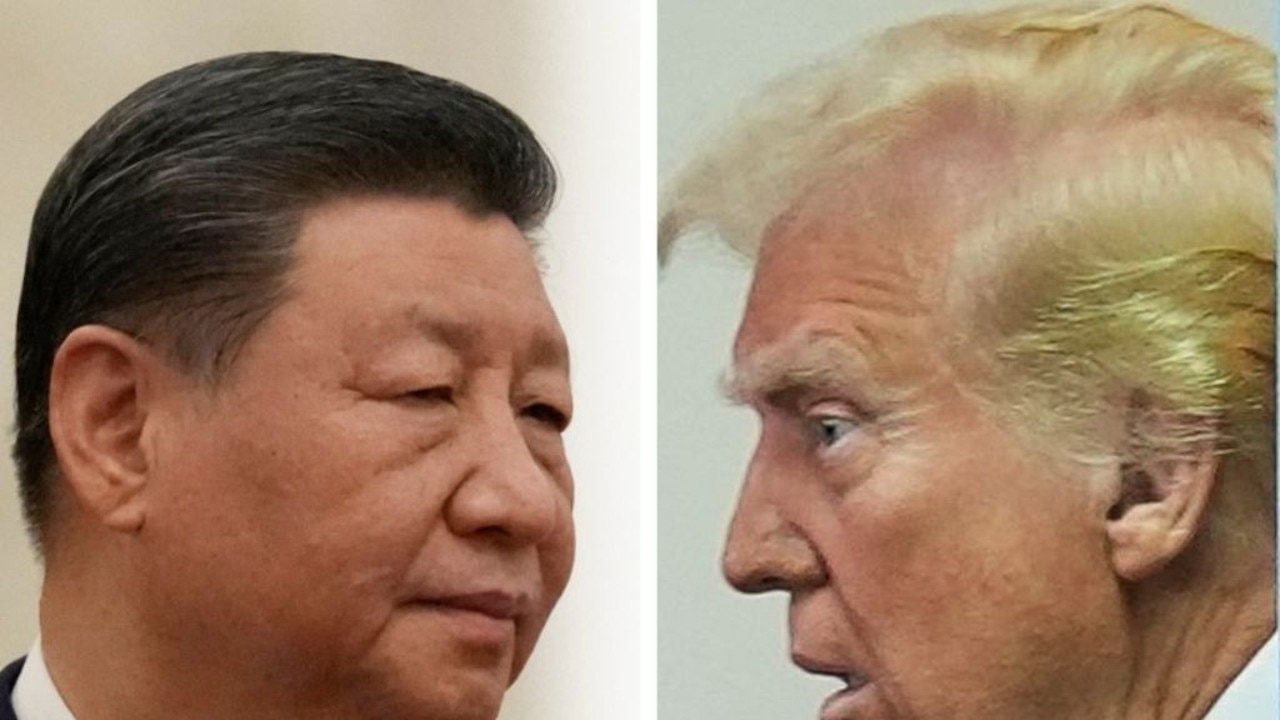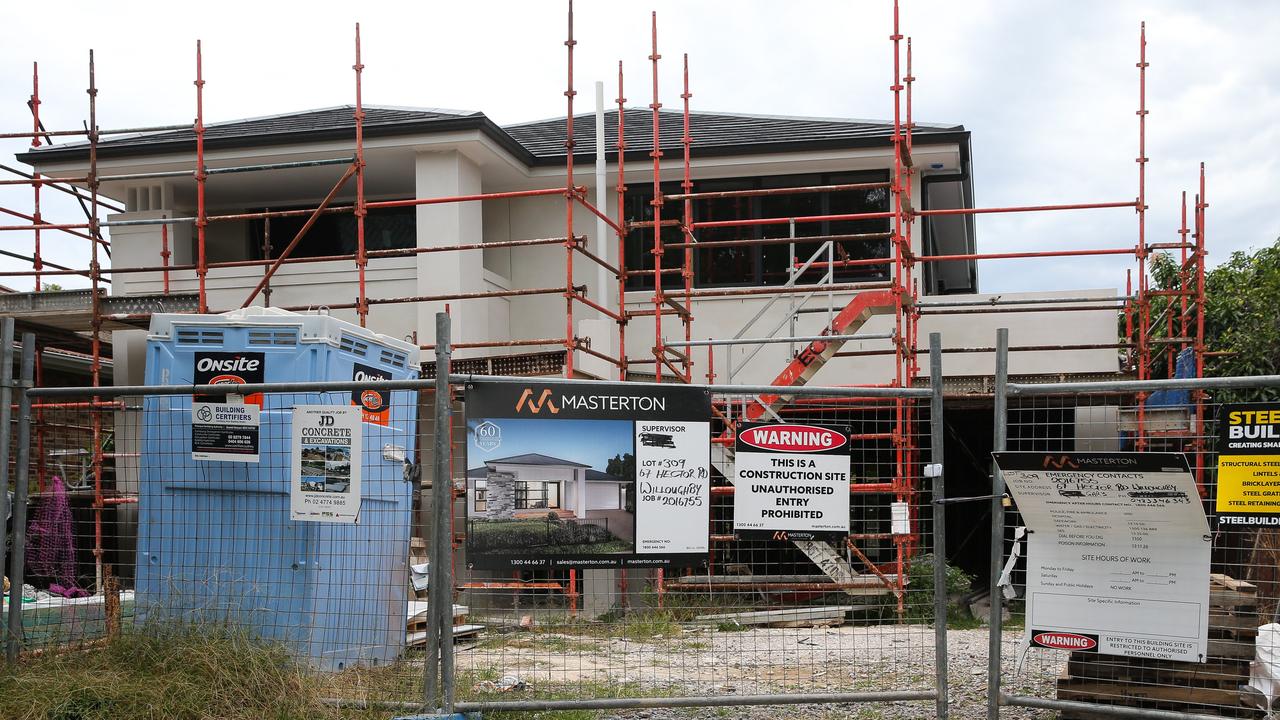Anthony Albanese meeting with Chinese Premier Li no certainty
Anthony Albanese is hoping an upcoming tour of southeast Asia will help bolster ties with the region but a meeting with one key leader could be off the cards.
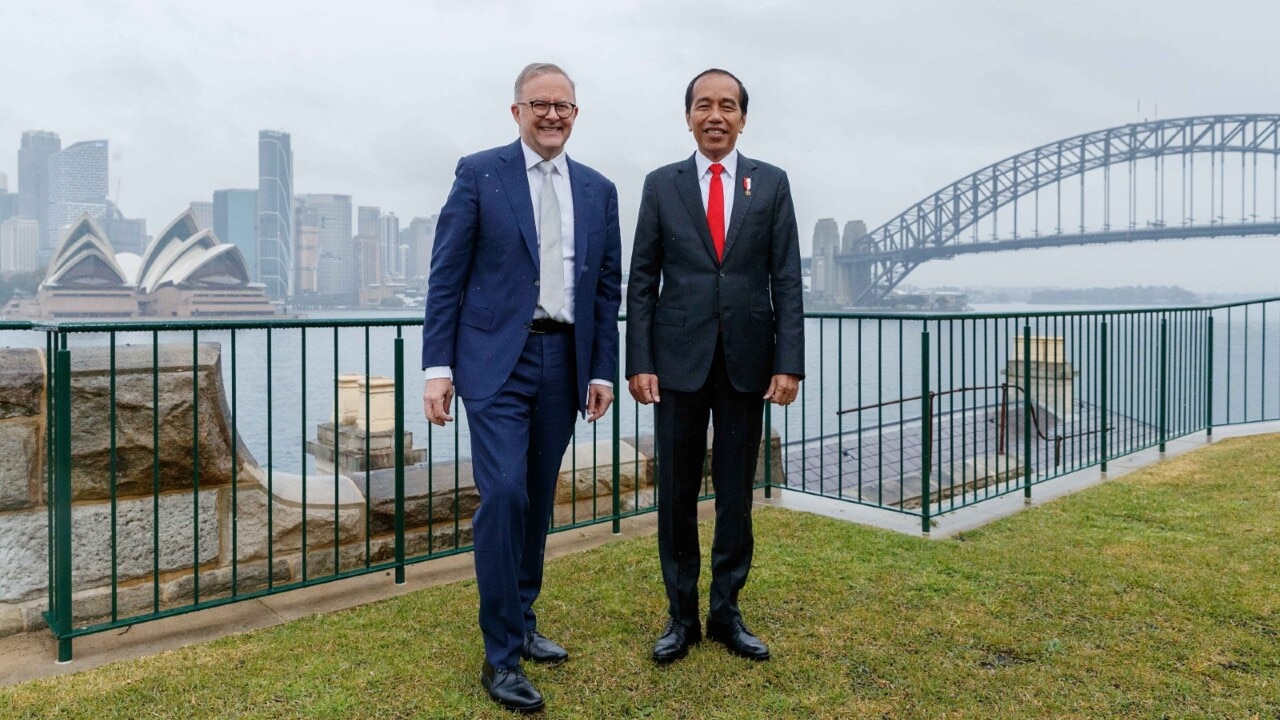
Economy
Don't miss out on the headlines from Economy. Followed categories will be added to My News.
A one-on-one meeting with Chinese Premier Li Qiang could be off the cards for Prime Minister Anthony Albanese at summits they will both attend in Indonesia and India.
Mr Albanese is currently in Jakarta for the ASEAN Indo-Pacific Forum in Jakarta and will travel to India later this week for the G20 in a bid to stabilise and strengthen Australia’s relationships with its Indo-Pacific neighbours.
But China’s President Xi Jinping snubbed an invite to the ASEAN and G20 summits with Premier Li Qiang attending in his place.
“Over the next period, both here and at the G20, Premier Li will be present, we’ll certainly be in the same room during those meetings,” Mr Albanese said.
But the Prime Minister stopped short of confirming that any meeting between the pair would go ahead.
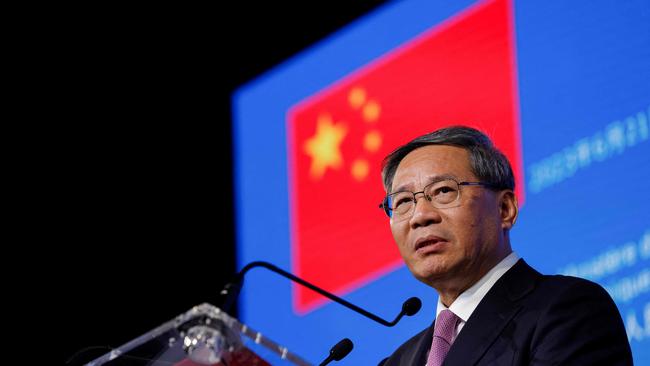
In Jakarta, Mr Albanese launched a new Southeast Asian Economic Strategy on Wednesday, which contained 75 recommendations, and was compiled by Australia’s special envoy for Southeast Asia, former Macquarie chief Nicholas Moore.
It aims to grow two-way trade with the region by $534bn by 2040.
Ahead of the summit, Mr Albanese described the strategy as the “most substantive piece of work ever done about Australia's relations when it comes to our economic future with Southeast Asia”.
“We need to do better. This blueprint does just that. It provides an opportunity to maximise those opportunities for Australian businesses and workers in a most dynamic region in the world,” he said.
Agriculture, resources, renewable energy and education were identified as some of 10 priority sectors Australia should target out to 2040.
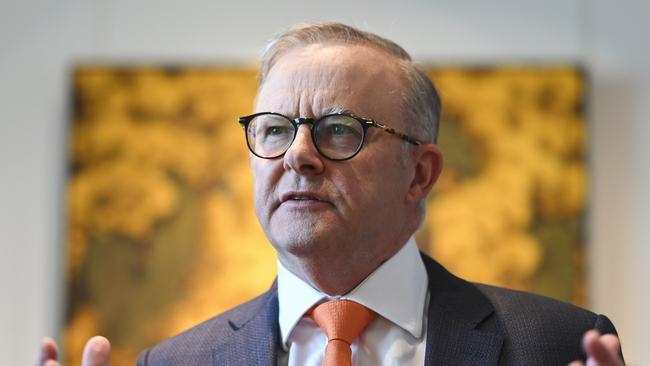
Since coming to power, the Albanese government has been seeking to diversify economic ties to stem the overreliance on China as Beijing is working to expand its own influence in the region.
A key recommendation from the report, released on Wednesday, is focused on the removal of blockages in the visa system to facilitate mobility.
It suggested a Singapore-style single-door concierge service be established to help foreign investors navigate approval processes, provide advice on taxation agreements and expedite visa processes.
Mr Moore visited all ASEAN countries and met with more than 750 individuals across Southeast Asia and Australia – across governments, business and civil society in compiling the strategy.
A source with knowledge of the strategy said the first question consistently raised with Mr Moore was about visas.
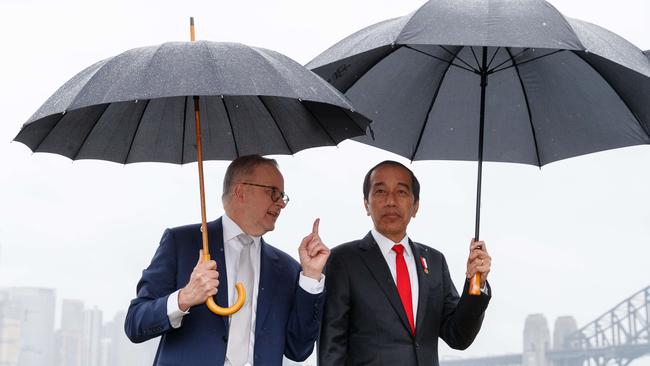
“A lot of what we’re talking about is related to visas,” they said, but stressed it was a two-way story.
“It’s all about visas allowing people to move between the region and Australia … so that they can actually develop their skills and actually use their skills in a better way.”
The government released a review into Australia’s migration system earlier this year, with a view to unveil its formal strategy by the end of the year.
Mr Moore’s strategy recommended the strategy be adopted, and associated reforms to improve the system, in the immediate to medium-term.
The report also recommended the national cabinet developing a plan to strengthen Asian literacy across the community and business.
It’s also recommended the Australian government have a much closer relationship with business.
Originally published as Anthony Albanese meeting with Chinese Premier Li no certainty



